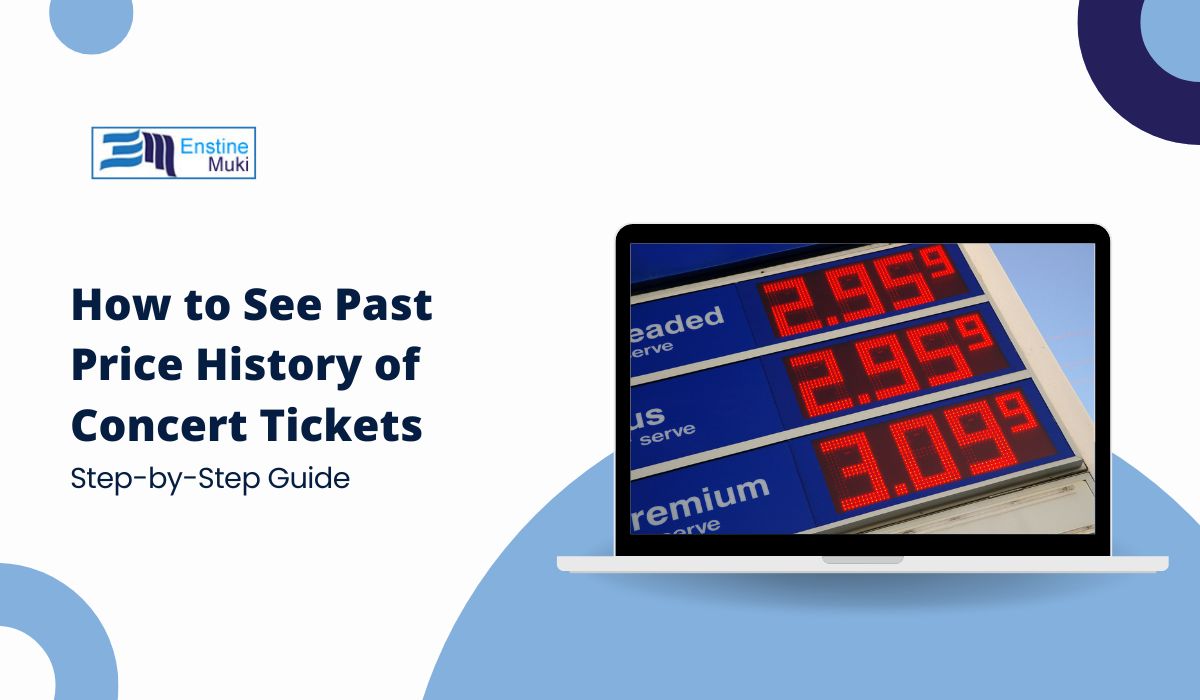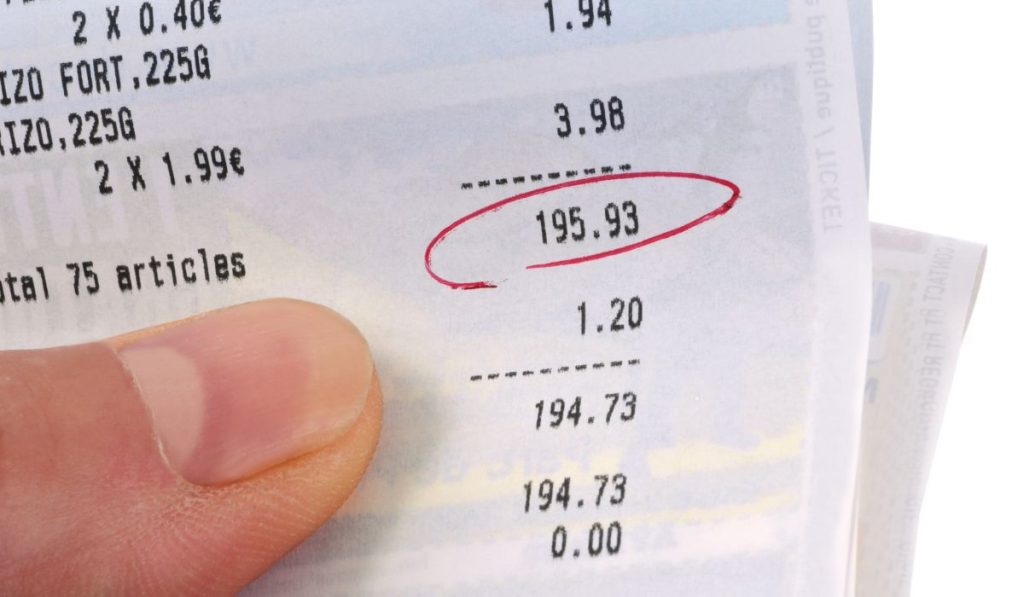Wondering if concert tickets used to be cheaper? Knowing past prices can help you find the best time to buy. This guide shows easy ways to check past ticket prices so you can plan your next concert smartly.
Why Look at Past Concert Ticket Prices?
Knowing past ticket prices helps:
- Spot Patterns: Past prices reveal if prices usually go up closer to the concert date.
- Find the Best Time to Buy: Knowing past trends can show when tickets are typically cheapest.
- Avoid Overpaying: Past prices help you avoid overpaying, especially on resale sites.
Ways to Check Past Concert Ticket Prices
Here are simple ways to find past ticket price information:
1. Check Major Ticketing Sites
Some sites, like Ticketmaster, may show past price trends for similar events.
- How to Use: Search for an artist, venue, or show type to get a sense of prices for upcoming events.
2. Use Resale Marketplaces Like StubHub and SeatGeek
Resale sites like StubHub and SeatGeek often track past sales, giving a rough history of price changes.
- Why Useful: Resale sites offer detailed price histories, showing changes over time so you can see how prices move as the concert date nears.
- Tip: Sign up for alerts, as some sites share ticket price trends.
3. Use Analytics Platforms for Ticket Prices
Sites like TicketIQ and Vivid Seats provide historical data and insights into average prices, peak times, and even region-specific pricing.
- Why Useful: Analytics platforms offer more detailed data, although some require a subscription, to help you find the best buying time.
Tools for Tracking Ticket Prices Over Time
Google Trends
Google Trends shows when search interest peaks for certain artists, which often correlates with price hikes.
- How to Use: Type an artist or concert name into Google Trends to see spikes. High search interest usually means higher prices, so avoid buying during peak times.
Browser Extensions and Price Trackers
Some extensions like Honey and CamelCamelCamel track ticket price changes, particularly on resale sites.
- How to Use: Install an extension to track prices over time. This helps on resale sites where prices fluctuate.
Historical Data Aggregators
Sites like TixPrice and TicketIQ offer historical price data for tickets across artists and venues.
- Why Useful: These aggregators help if you’re tracking a specific artist or tour by showing how prices change concert to concert.
Tips for Reading Past Ticket Price Data
Knowing past prices is helpful, but here are tips to interpret the data:
- Peak vs. Off-Peak: Prices tend to rise near weekends and big events. If possible, buy during off-peak times.
- Tour Announcements: Prices often rise after tour announcements, then stabilize closer to the event.
- Venue and City Impact: Ticket prices vary by location, with larger cities and popular venues often seeing higher prices.
Other Ways to Predict Ticket Prices
Follow Fan Forums and Social Media
Fan groups share ticket prices and buying tips. Fans also track trends, which is useful when deciding when to buy.
- Popular Sites: Reddit and Facebook have active fan groups with helpful tips.
Look at Artist-Specific Trends
Some artists have specific ticket trends. For example, tickets might be higher after release for top artists, while smaller artists see price drops closer to the show.
- Tip: Search past tours for trends by your favorite artist. A quick search can reveal useful patterns.
Conclusion
Knowing past concert ticket prices can help you make better buying decisions. Use resale sites, tracking tools, or Google Trends to understand ticket trends. Next time you’re buying tickets, try these tips for the best timing.
Try It Out: Start looking up ticket prices for your favorite artist’s next show and spot the trends! Have tips of your own? Share in the comments, and subscribe for more ways to save on concert tickets!


